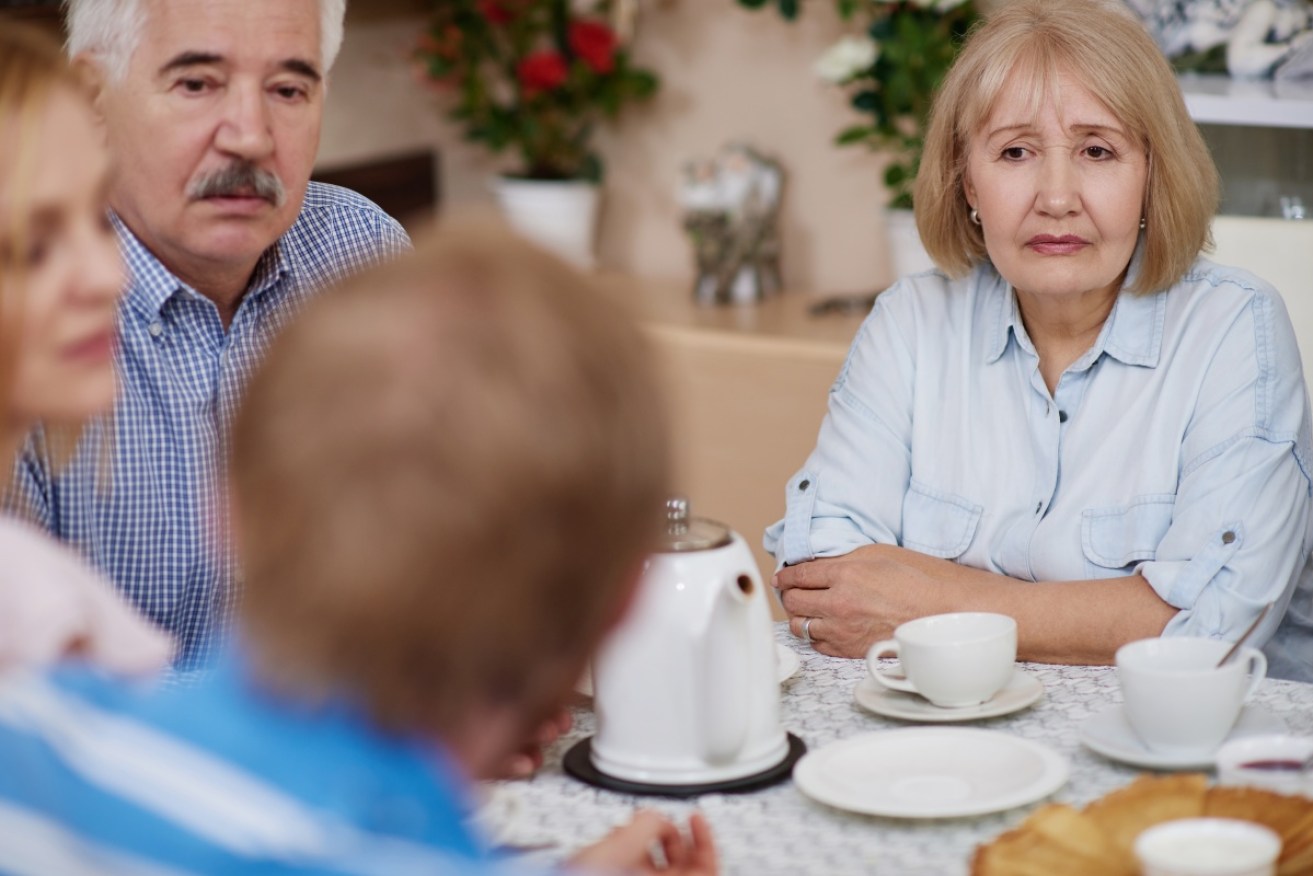Boomerang kids and failure-to-launch: The plight of ‘generation rent’


Rising living expenses and insecure work are driving a surge in adult children moving back home with their parents. Photo: Getty
Karlee Janssens was 19 when she first moved out of home to “experience living and get some independence”. At 22, unable to afford her rent, she returned to her mum’s house – feeling miserable.
“I lost all my independence and felt like my adulthood was taken away,” the now 25-year-old teaching student said. “It was almost like I was a child again.”
Ms Janssens has made another break from her mother’s house, and is happily renting in a bayside Melbourne suburb. She said she would never willingly move back in with her parents.
“I like to live by myself and I don’t think I can be my authentic self at home,” she said.
Her circumstances will be familiar to many millennials, the so-called “generation rent”.
The high cost of housing, low wages and insecure jobs are driving a trend of adult children leaving their family home only to return when financial pressures become too great – attracting the label “boomerang kids”. The more pejorative term, “failure-to-launch”, refers to those who are reluctant or unable to leave the parental nest at all.
“It’s very common. A lot of people choose to move back home so they can save money and eventually buy a house,” Ms Janssens said.
“I think I’ll be renting for quite a while. Buying a house isn’t an option for the foreseeable future.”
Multigenerational family living – whether driven by boomerang kids or failure-to-launch offspring – is becoming more common in Australia. Many adult children are also continuing to remain at home for longer, rather than leaving their parents with an empty nest.

The rise in multigenerational living reverses the trends of the past 50 years. Photo: Getty
The trend isn’t confined to Australia, with recent international research suggesting that adult children living at home are making baby boomer parents – and themselves – unhappy.
A study by London School of Economics researchers Dr Marco Tosi and Professor Emily Grundy, published in the Journal of Social Science and Medicine earlier this year, found that intergenerational co-residence had declined dramatically in Western countries in the past 50 years – only to reverse in recent years.
“In some countries, multigenerational co-residence has increased; a shift interpreted as a family response to high unemployment rates, poor job prospects and financial hardship among young adults,” the researchers said.
The study found that while co-resident adult children might provide “emotional and instrumental support” for older parents, they were also a source of conflict and stress.
Edgar Liu is an expert in multigenerational living at the University of New South Wales’ City Futures Research Centre. In 2017 he co-edited the book, Multigenerational Family Living: Evidence and Policy Implications from Australia.
Dr Liu said one in five Australian households was multigenerational (generally considered to mean one or more adult offspring living with one or more of their parents).
Despite the focus on adult family members being forced to cohabit for economic reasons, multigenerational living was often a preference, Dr Liu said.
“Many actively choose this arrangement, and they work to make it work in terms of sharing costs and duties,” he said.
“This gives them opportunities to stay in contact and in each other’s lives, which is not always easy in our globally mobile world.
“A few people said it’d be difficult for them to see their children if they didn’t live with them.”
Dr Liu’s research found companionship was the most valued aspect of multigenerational living, while a lack of privacy was considered the biggest downside.
Boomerang kids are the result of an “inability to sustain independent living” for many reasons, Dr Liu said. Reasons include those who return home after relationships break down, to those returning from work, study, or travel overseas.
The reverse is also true, and it was not uncommon for adult children to pay their parents’ rent or mortgage, “without which the parents wouldn’t be able to afford that home”.
Living separately from one’s parents did not necessarily indicate independence, he said.
“There is research and anecdotal evidence about how we continue to support each other, even if we don’t live with each other, for example, parents helping to pay rent, food sharing,” Dr Liu said.
“I’m not fond of the term failure-to-launch because it glorifies ‘independent living’ as an ideal, which is not always the case.”








